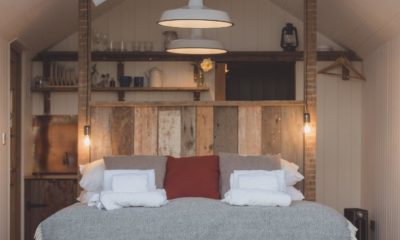July Newsletter
Farming and Land Management
No rain and warm weather means the marsh is drying rapidly. Most chicks and ducklings have fledged and are beginning their independent lives. The newly fledged waders, are sticking close to the remaining muddy pools by tucking into the long rushes and sedges in the rills making them very hard to spot. Others like the common redshank have moved off to find easier picking on the saltings. It is a great month for our butterflies and dragonflies. The numerous ponds and patches of flowering plants are teeming at present.
The drying marsh and warm weather also means the cattle are grazing on drier matter and will gather around water points as good drinking water becomes harder to find. You will notice each field now has a red box, a creep feeder, which allows the calves to access supplementary food to make up for that lacking in the marsh pasture. Please do take care on the entry road and please do ask new visitors not leave their cars before reaching the car park for their own safety! With little rain our new wild bird seed and nectar mixes are yet to really get going but it will only take a good soaking or two before we see young shoots of sunflowers, buckwheat and sainfoin along the road side this year and behind that kale, chicory, quinoa, fodder radish, camelina and sweet clover for the next three years.
Bird Ringing
For many years the Swale Wader Group, led by Rod Smith, has conducted a detailed monitoring programme of wader and marsh harriers along the Swale. Their work on marsh harriers, in combination with winter roost counts, provides an excellent picture of the marsh harrier’s fortunes here and links to similar efforts up the east coast. All results go to the BTO and such dedicated voluntary work is vital to furthering understanding of the species.
If you are interested in helping out with the group – visiting nest sites, helping to ring and assess the chicks – please do get in contact with Rod (margyandrod@btinternet.com). You must be able to attend the ringing sessions on several mid-week days in June and July at the very minimum.





